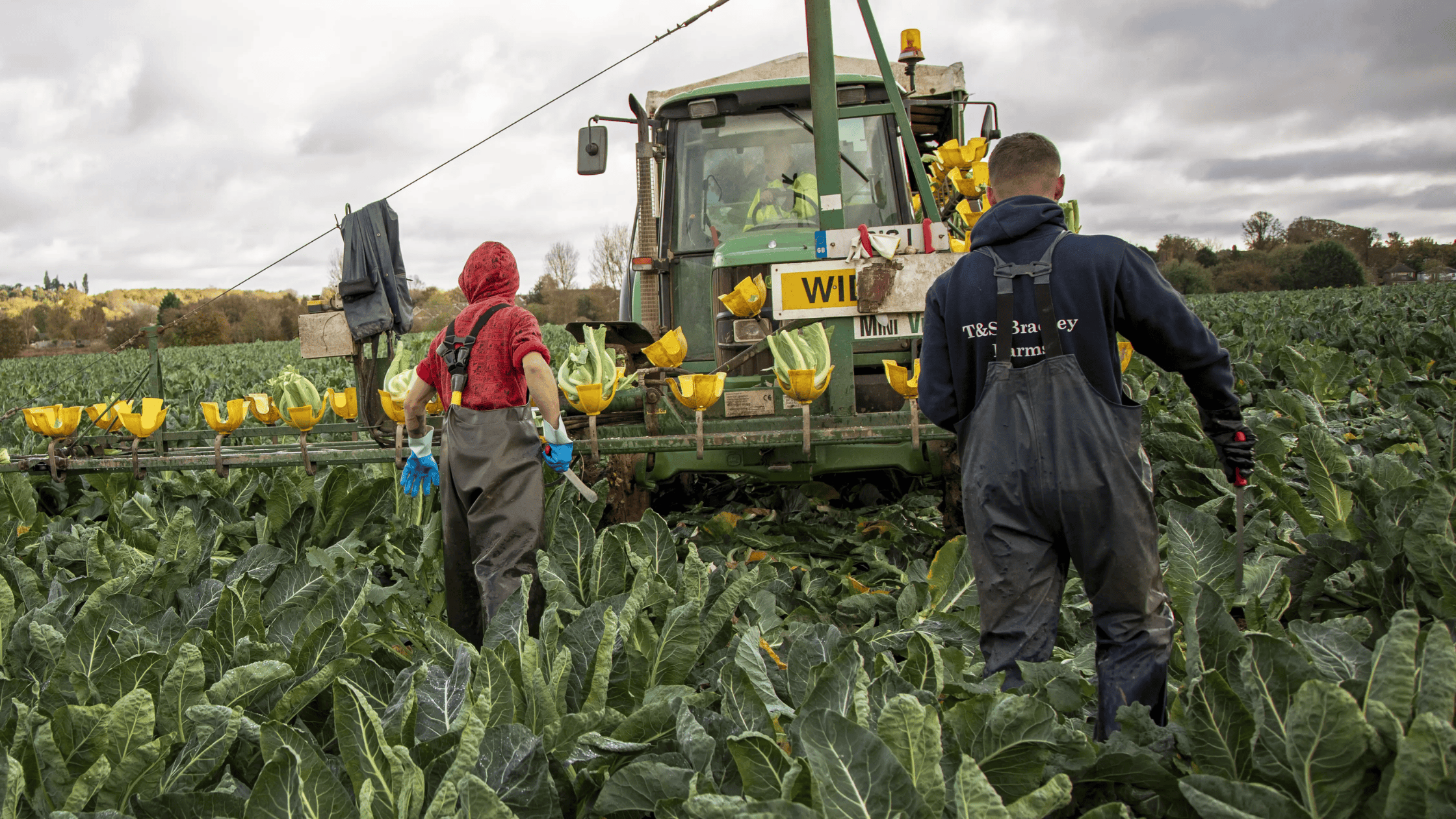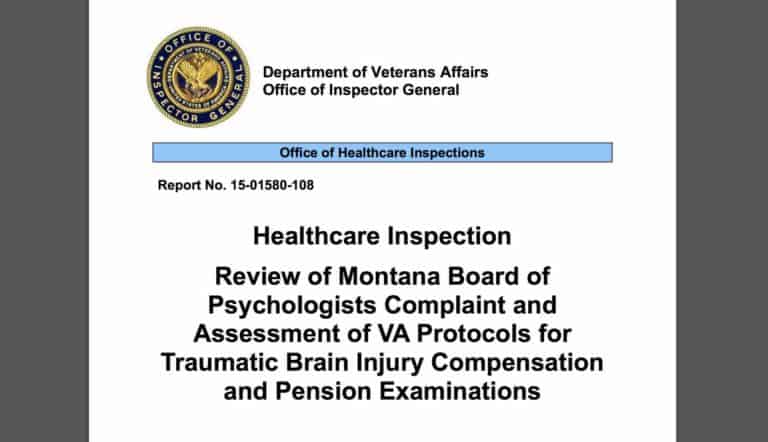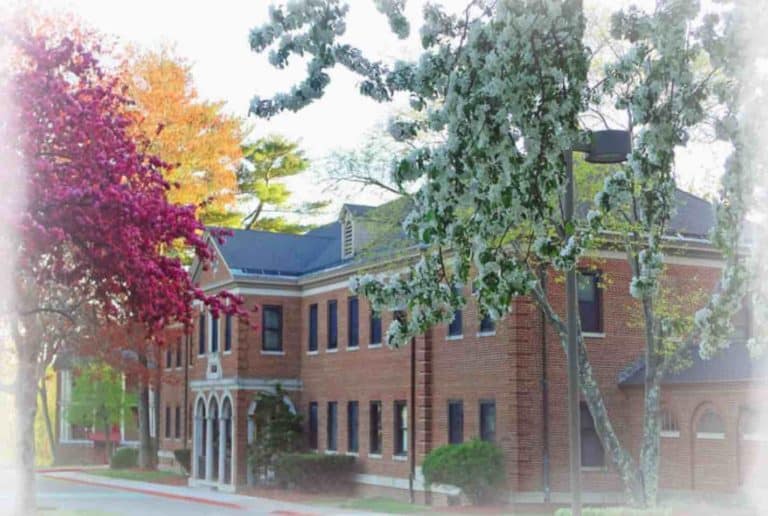Healing in the Soil: How Farming Restores Purpose for Veterans
Returning home doesn’t always mean peace of mind. For many disabled veterans, unlocking purpose and healing comes not through therapy sessions — but by stepping into the dirt. Today, agricultural programs are giving veterans and military spouses a new mission: cultivating not just crops, but their own recovery.
From the Front Lines to the Farm Fields …
A recent Stars & Stripes feature highlights veterans and military spouses who rediscovered purpose, community, and mental wellness through farm-based programs. These projects — whether organizing local markets, restoring farmland, or growing produce — offer more than work: they offer belonging.
Why It Matters for Disabled and Transitioning Veterans
- Healing Through Hands-On Work: Agriculture provides tactile, mindful engagement, helping reduce symptoms of PTSD, anxiety, and isolation.
- Skills + Stability: Veterans learn technical farming techniques, business planning, and resource management — building jobs and self-reliance.
- Community Roots: These programs foster peer bonds, local collaboration, and a new sense of mission grounded in renewal — not combat.
Seed-to-Service Programs Ready to Grow
Several organizations are leading the dirt therapy movement:
- Armed to Farm: Offers classroom and hands-on farming skills, along with mentoring and business guidance. (OperationWeAreHere)
- Farmer Veteran Coalition (FVC): Connects veteran farmers with mentors, grants, and education — including microloans and technical assistance. (FarmAid Resource Guide)
- USDA Transition Resources: Includes loan programs, land conservation tools, and educational resources to help veterans and underserved farmers thrive. (USDA Veterans & Entrepreneurship)
Maintaining Momentum: What Veterans Can Do …
- Explore local programs: Reach out to FVC, Armed to Farm, or your state veterans office to find farming or therapeutic ag programs near you.
- Start small: Community gardens offer accessible, low-pressure ways to test if “agri-therapy” fits your healing journey.
- Build with peers: Peer learning, veteran support groups, and agriculture networks can provide encouragement, structure, and shared purpose.
Final Thoughts …
Farming doesn’t just grow food — it grows hope. For veterans who’ve given everything, it’s the restorative power of working the land that reconnects them not only to service, but to themselves.
For more veteran-centered stories like this, visit DisabledVeterans.org.







Rhett Puder was a nut job on pills. People like that have the Veterans Healthcare Administration in the toilet. They let that fat piece of shit work there for 15 goddamn years when veterans fled!!!
People have to sue to get the VHA to do anything other than blood work. Can you believe they’ve been given over a trillion dollars since 2019? That’s a mighty expensive theater performance…an expensive fraud really. Those people in there should be ashamed at collecting a paycheck there.
The mental health industry/psychology industry is a complete fraud. I get more from talking to a homeless guy downtown than I do talking to some pseudo intellectual with his blown up head stuck up his ass. Even much of the medicine that the psychiatrist prescribes is toxic to the brain.. literally damages the brain if taken too long. Many people get dementia which of course they don’t blame the medicine.
💕👍🤝👏
VA psychologists can sit around and insult people all day or just sit there and eat pork rinds all day and not talk to anyone. They can do literally nothing and still keep job. This has got to change. Already these people are pseudo intellectuals selling some kind of snake oil.
🤝
The administrative autocracy at VHA would make the founding fathers roll over in their graves. If George Washington were alive today, he would personally shoot the SCOTUS justices and Congress people who allow this horrible system to operate like it does.
God and baby Jesus Christ save us from this oppressive, horrible system. This bloated wreck of a hell hole. Collins talking about “beaurocracy bad” when that’s all the goddamn place is. You can’t separate that from everything else. Just hurry up and get rid of the mother fucker and stop building clinics.
True 🤝👏
Rhett J Puder, bogus claims, absurd extrapolations, exaggerated accusations, false narratives, irrational nonsense, devaluation, the Veterans Healthcare Administration loves these kinds of people for some reason.
The VA hires pill heads, snake oil salesmen, lunatics, drunks, people with anger management problems, you are the guinea pig feeding this madness.
You just know those incompetent and lawless people at VA caused this to happen… now the man will be punished for demanding VA fulfill the laws passed by Congress.
https://www.wsbtv.com/news/local/georgia-man-convicted-death-threats-against-va-workers-federal-employees/YVCWYJEFDFEPNMLNTGMNVO7WJE/
VHA, a political and legal area of civil war masquerading as a healthcare system, or at least there’s some healthcare going on there every once in a while. Seeing someone period isn’t healthcare, and psychologists are the biggest frauds in the modern world. Psychiatry legitimate.. psychology is absolutely fraud. Used for dehumanization and abuse at VA. Human rights nightmare..
It’s funny how every other VA employee likes to play lawyer for the VA. Defending a country club that they themselves make exclusive and a living hell for many veterans. The people denying care hide in concrete bunkers, setting the standard of bad culture and dismissive behavior. They should be ripped out of those offices and torn to pieces by a mentally disordered mob.
Yeah that would be nice. Too bad healthcare for veterans in the USA wouldn’t enable people to sustain that kind of work. Bandaids and emergency care doesn’t cut it. Doesn’t matter how much money they’re given either. They continue to fuck people.
Rhett J Puder is a human rights violator and fraud. They gave this man raises for a decade. Rhett Puder has problems arriving at rational and logical conclusions. Just too much bias and anger… and of course bad political views.